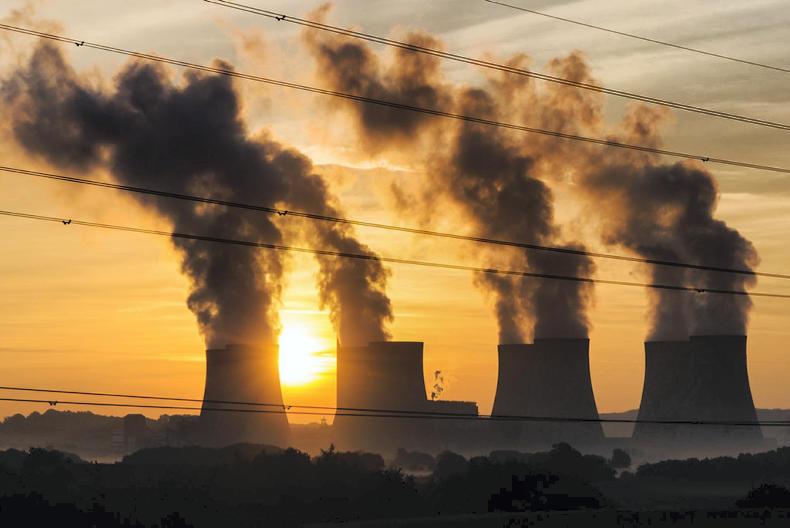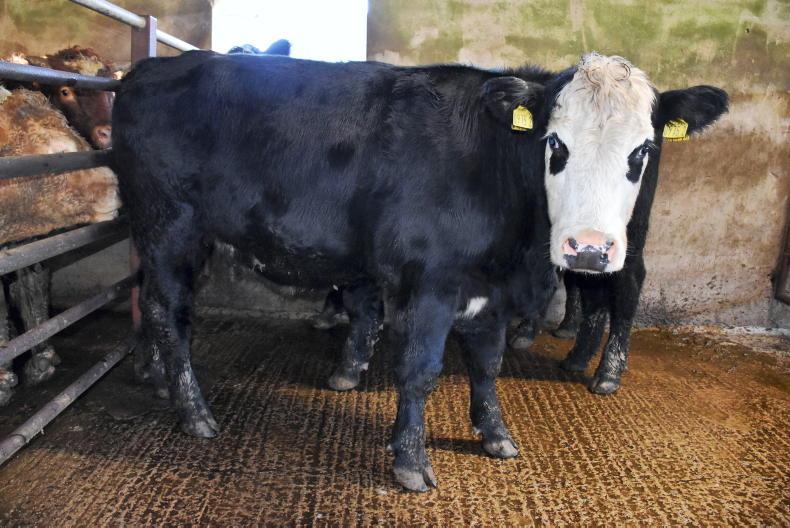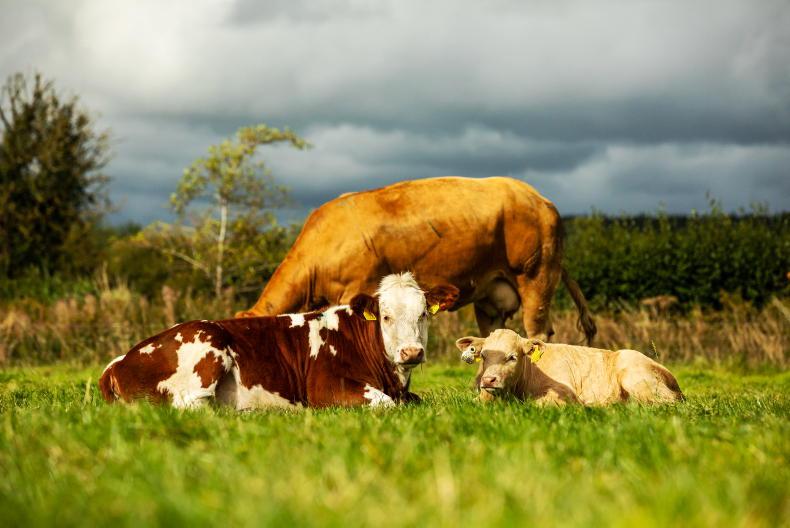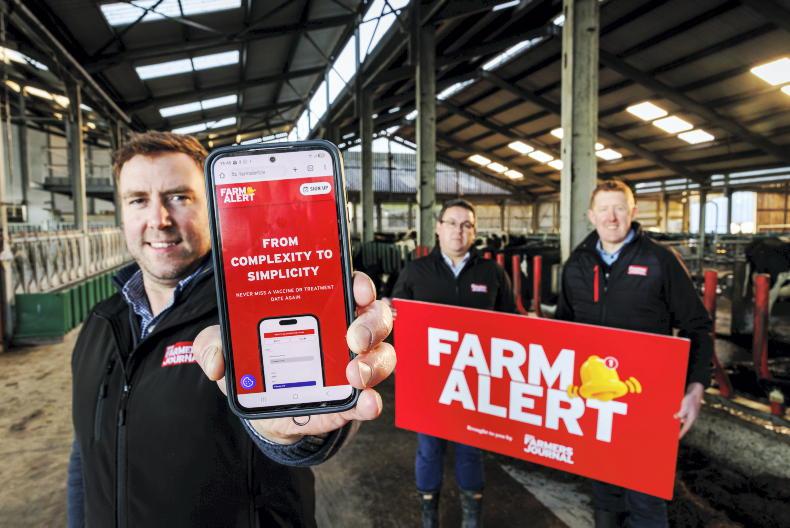Last week, researchers from the University of Rochester in New York published an important scientific paper, which showed that methane emissions from the fossil fuel industry (oil, gas and coal) are being ‘vastly underestimated’ and are actually much higher than methane produced from farming.
According to the paper, methane emissions from the fossil fuel industry are being underreported by somewhere in the region of 40m tonnes to 60m tonnes every year (1bn tonnes to 1.5bn tonnes of CO2 equivalent).
This means that fossil methane is being underreported by up to 40% every year and the real figure for total methane emissions from the oil, gas and coal industries is somewhere between 185m tonnes and 205m tonnes (4.6bn tonnes to 5.1bn tonnes of CO2 equivalent).
For context, Irish farming produces around 0.5m tonnes of methane every year (a figure which does not include the amount of carbon sequestered by soils, hedgerows or trees on Irish farms).
The University of Rochester study shows that the fossil fuel industry is by far the largest source of anthropogenic methane (methane caused by human activity), accounting for almost 50% of man-made methane emissions. This is almost double the level of methane produced by cattle around the world.
Criticism
This is a critical point, as much of the criticism against livestock farming over the last few years has been based on the idea that cattle were the world’s largest source of methane.
While cattle still account for a large share of the world’s methane emissions, and mitigation efforts must continue in farming, this study shows that the largest cause of global methane emissions, by far, is fossil fuels.
This University of Rochester study simply confirms the long-held suspicions of many scientists that the fossil fuel industry has had a much worse impact on the planet’s climate than previously estimated.
According to Benjamin Hmiel, the lead author of the study, tighter restrictions need to be placed on the fossil fuel industry to clamp down on the methane leaks coming from the sector.
“Placing stricter methane emission regulations on the fossil fuel industry will have the potential to reduce future global warming to a larger extent than previously thought,” said Hmiel.
“If we stopped emitting all carbon dioxide (CO2) today, high carbon dioxide levels in the atmosphere would still persist for a long time. Methane is important to study because if we make changes to our current methane emissions, it’s going to reflect more quickly,” he added.
Comment
It’s early days yet, but 2020 might just be the year when the world finally wakes up to the real cause of the climate crisis. It’s time the world started talking about the 800lb gorilla in the room – our dependence on fossil fuels.
We’ve always known that burning fossil fuels accounts for over 90% of all C02 emitted into the global atmosphere every year.
However, because methane is a more potent greenhouse gas and has a greater warming potential, many climate activists were pointing the finger at farming as the main cause of global warming, because they believed cattle were the largest source of methane.
This new study from the University of Rochester shows that the fossil fuel industry not only accounts for 90% of all global C02 emissions but it also accounts for almost 50% of all man-made methane emissions, which is about double the amount of methane emitted by cattle (Figures 1 and 2).
This is not to say that farming doesn’t have a duty to mitigate its emissions. It’s critical for all sectors to play their part in whatever way possible to reduce emissions. But with the world’s population heading to 10bn people by 2050, humans need to realise that agriculture must continue into the future. It’s our addiction to fossil fuels that is the main cause of global warming, by far.
As a species, we can adapt our energy and transport sectors to survive without oil, coal or gas. But we cannot survive without food.
Nutrient-dense meat and milk that are sustainably produced in Ireland will be crucial to feeding millions of people around the world in the years to come.










SHARING OPTIONS